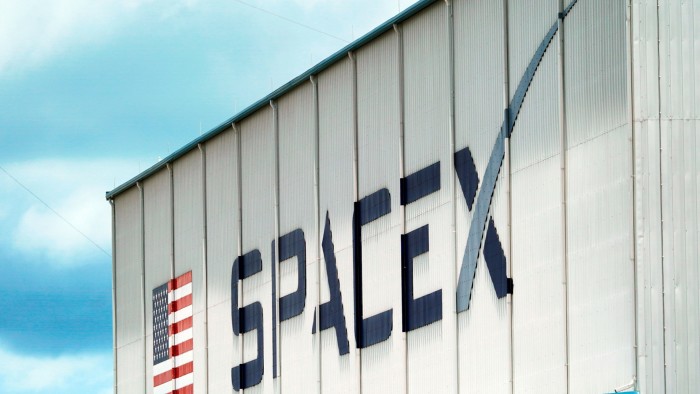Unlock the Editor’s Digest for free
Roula Khalaf, Editor of the FT, selects her favourite stories in this weekly newsletter.
Just 18 months ago, US satellite TV company EchoStar was on the verge of a messy bankruptcy. Now, it is literally riding a rocket ship. On Monday, EchoStar agreed to sell $17bn of mobile phone spectrum to Elon Musk’s aerospace company SpaceX, with half the payment in SpaceX’s unlisted shares. A once shaky investment just became an unlikely way for regular investors to bet on Musk’s interstellar ambitions.
EchoStar, founded by telecoms wildcatter Charlie Ergen, had only recently dumped another large chunk of spectrum via a sale to telecoms company AT&T. That reflected Ergen’s realisation that there was little point trying to take on the giant US operators, who have been more adept at creating large-scale mobile offerings. Capitulation has proved incredibly profitable: at $23bn, EchoStar’s market capitalisation has nearly tripled in two weeks and its tens of billions of dollars in once-distressed debt now trades around face value.
The politics of the deal aren’t simple: it will require the sign-off of the US Federal Communications Commission. That agency chastised EchoStar earlier this year for being tardy in turning its $40bn of spectrum purchases, amassed over decades, into a viable mobile network. Back then, Musk was a close ally of the White House, something that no longer looks to be the case.
Still, the SpaceX founder and Tesla boss has the will, and the sway with outside providers of capital, to put his new prize to work. The specific type of spectrum sold to SpaceX ought to enable the company’s satellites to deliver connectivity direct to customers’ cell phones in places where service isn’t otherwise available. The goal, according to SpaceX president Gwynne Shotwell, is to “end mobile dead zones”.
For Ergen, it must be slightly galling to spend a lifetime in pursuit of revolutionising US telephony, and then end up ceding the commanding heights to a next generation entrepreneur like Musk. Still, it’s the latter who now looks best positioned to challenge the oligopoly consisting of AT&T, Sprint and T-Mobile.
And while EchoStar the mobile network may have failed to gain traction, EchoStar the spectrum wheeling-and-dealing machine has at least paid off financially. Ergen’s next move might be to revive the expected merger of EchoStar’s dying satellite-TV unit Dish Network with rival DirecTV.

Meanwhile, EchoStar will partially become a publicly traded proxy for SpaceX, which is likely to bring in a new class of Musk-chasing investors. In return for its spectrum it will receive shares in the rocket maker for a price equivalent to $212 each, slightly below where they trade on the Forge private exchange. EchoStar is still Ergen’s creation, but as a way of betting indirectly on the world’s biggest “unicorn”, it’s Musk’s plaything now.

